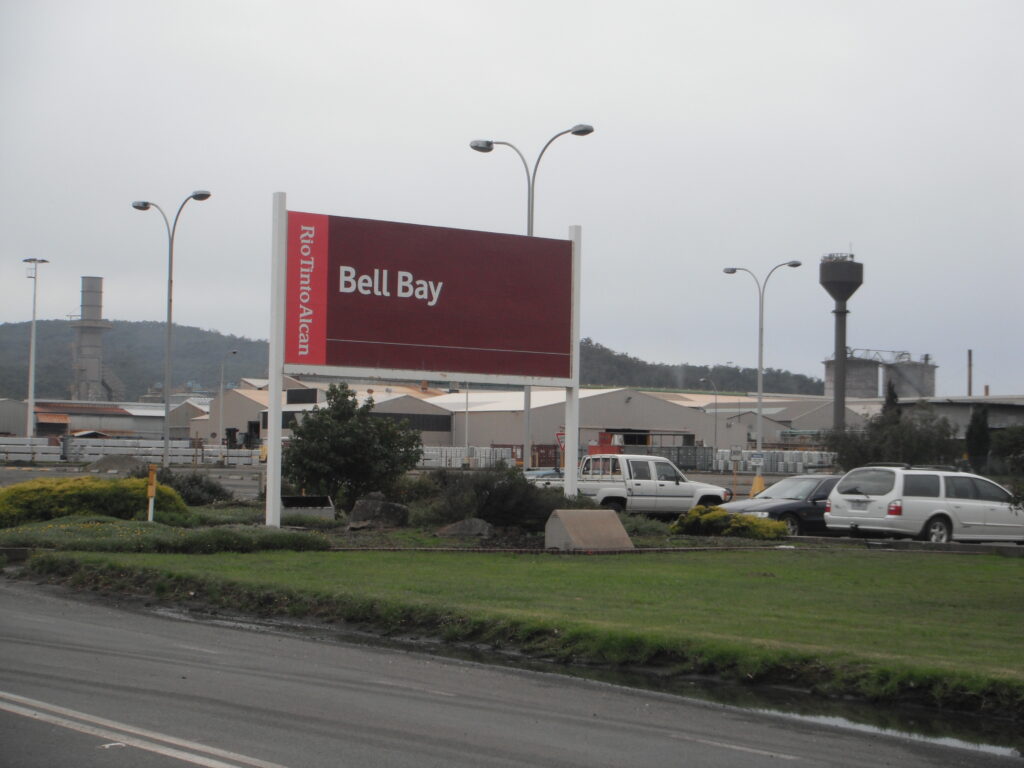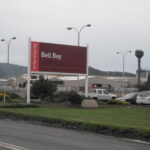23 January, 2013Rio Tinto has agreed to resume negotiations with IndustriALL Global Union affiliate, the Australian Workers Union (AWU), after Fair Work Australia agreed that the majority of the workers at Bell Bay wanted to collectively bargain for pay and conditions.
Over the past 19 years Rio Tinto has negotiated directly with the workers at Tasmania's Bell Bay aluminium smelter, with no union involvement. After a 3-year AWU organizing battle, this victory is significant for unions in Australia, as it disproves the myth that once a company de-unionizes, the union can never get back in.
“We have made it very clear that Rio Tinto is a company that we are targeting,” said Paul Howes, AWU National Secretary, “we believe that there is a move to change amongst their workforce. Now many in the business community and in Rio [Tinto] themselves laughed at us two years ago when I announced this at my national conference, I even had some labour ministers say that our tactics wouldn’t be successful.”
Discussions around a new collective agreement for workers at Bell Bay should commence within weeks. Although it’s unlikely that workers will push for wage parity with the mainland, given the smelter's tough trading conditions, Paul Howes says that, “there is no reason why in the long-term these workers shouldn’t be paid the same as their mainland counterparts, after all Bell Bay is a unique smelter in Australia by the fact that it’s running on essentially clean power through the form of hydro electricity.”
In the coming weeks the AWU will be consulting with members to draw up a log of claims to present to the company. One of the most important priorities will be to lock in workers’ existing pay and conditions in the event that Rio Tinto sells Pacific Aluminium to another company.
We knew that this campaign would be successful principally because workers in Rio want to be able to have a say in their working conditions and want to be treated fairly. And that’s why we’ve seen this ground swell of support.
said Howes.
Rio Tinto lost US$14 billion (€10.525 billion) as a consequence of asset depreciation in Mozambique and trading in aluminium, the company dismissed its chief executive officer (CEO) Tom Albanese as a result on 17 January 2013. Iron Ore CEO Sam Walsh took his place. Doug Ritchie, who had led the acquisition of Rio Tinto’s Mozambique coal assets, was also dismissed.


